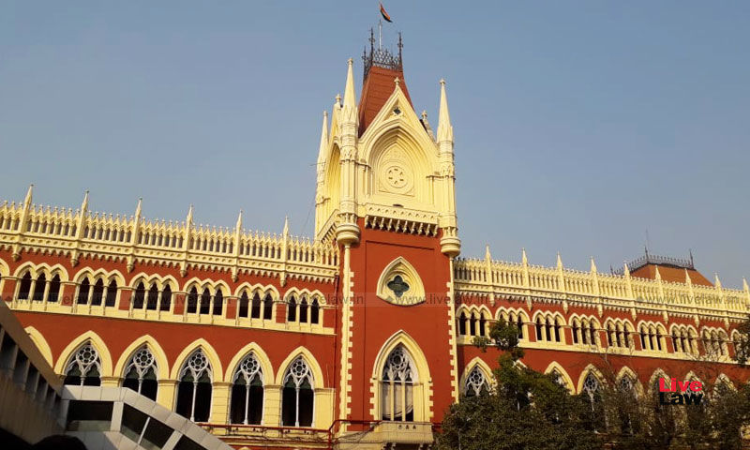- Home
- /
- High Courts
- /
- Calcutta High Court
- /
- Calcutta High Court Quashes...
Calcutta High Court Quashes 25-Yr-Old Case Against Man Booked For Mere Presence At Scene Of Theft, House Trespass
Srinjoy Das
5 May 2025 10:00 AM IST
The Calcutta High Court has quashed a case against a man, who was booked for the offences of inter alia theft and house trespass under Sections 448/379/461/417/120B of the Indian Penal Code.In quashing the case arising out of the events in 1999, Justice Suvra Ghosh held:It is a fact that delay is a relevant factor and every accused is entitled to speedy justice in view of Article 21 of...
The Calcutta High Court has quashed a case against a man, who was booked for the offences of inter alia theft and house trespass under Sections 448/379/461/417/120B of the Indian Penal Code.
In quashing the case arising out of the events in 1999, Justice Suvra Ghosh held:
It is a fact that delay is a relevant factor and every accused is entitled to speedy justice in view of Article 21 of the Constitution of India. But attending facts and circumstances leading to the delay should also be taken into consideration in deciding the issue. If prima facie material is found against the accused in a particular case, the proceedings cannot be quashed merely on the ground of delay. Herein, no offence as alleged having been made out against the petitioner either in the FIR or in course of investigation, allowing the proceeding to continue against the petitioner shall be an abuse of the process of the Court. The petitioner having suffered the ordeal of trial for considerable period of time should not be made to suffer further due to continuation of the proceeding against him.
The petitioner was aggrieved by the order impugned dated 9th January, 2024 passed by the learned Chief Judicial Magistrate, 7th Court, Howrah, turning down his prayer for discharge under section 239 of the Code of Criminal Procedure. The petitioner sought quashing of the proceedings.
Counsel for the petitioner submitted that out of five accused persons, three have expired. The petitioner was the secretary of an organisation which owned shop rooms which were leased out to tenants.
In the statement of witnesses recorded under section 161 of the Code of Criminal Procedure, the only allegation against the petitioner is that he was present at the spot at the time of occurrence and the furniture and articles removed from the possession of the defacto complainant's shop were kept in his school.
The defacto complainant/opposite party no. 2 claims to be a tenant in respect of the property in question. Kishore Kumar Khaitan, one of the partners of M/s. Khaitan Estate and owner/landlord of the property entrusted the defacto complainant with some renovation work in the schedule property. It is stated that the defacto complainant manufactured a forged document and used it as a tenancy/lease agreement in respect of the property.
The defacto complainant then filed a title suit being T.S. 119/1998 against Kishore Khaitan and Rekha Khaitan praying, interalia, for declaration of his tenancy right in the property and an order of injunction restraining the defendants therein from disturbing his peaceful possession in respect of the property. Status quo was ordered in appeal.
Alleging dispossession on 20th June, 1998 in violation of the said order, the present complaint was lodged. Further litigation continued between Khaitan and the de facto complainant, even reaching the Supreme Court.
The petitioner however, claimed that being the Secretary, he had no involvement in the alleged occurrence and was only found to be present at the spot along with the police. No specific overt act has been attributed to the petitioner in the alleged offence.
It was stated that the petitioner stated that he has no nexus with the dispute between the Khaitans and the defacto complainant and has been implicated only by virtue of his post as the Secretary of the Welfare Association.
Counsel for the private opposite party has submitted that the delay in disposal of the case cannot be attributed to the private opposite party. Despite interim order granted by the learned Trial Court in his favour on 19th June, 1998, he was dispossessed on 20th June, 1998 in violation of the order. The defacto complainant has stated in his statement under section 161 of the Code of Criminal Procedure that he saw the petitioner standing with the others at the relevant time.
However, in noting that no evidence had pointed to the involvement of the petitioner in any of the offences alleged, the court quashed the case against him.
Case: Asish Kumar Sen @ Bapi v/s. The State of West Bengal & Anr.
Case No: C.R.R. 968 of 2024



